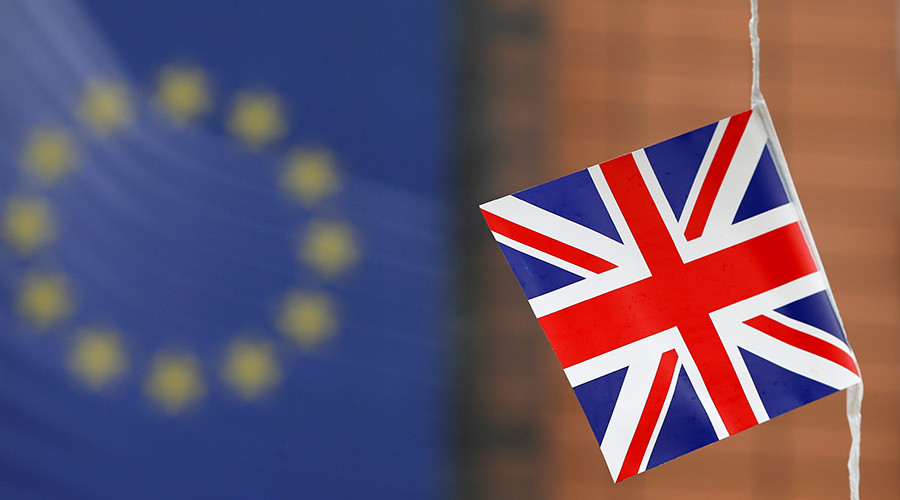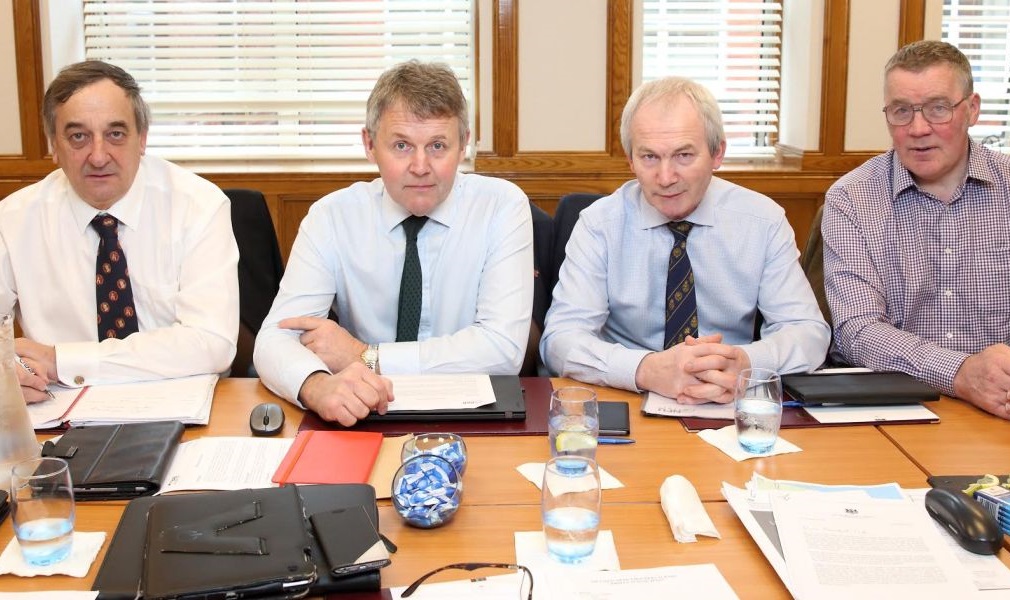
The leaders of the UK farm unions have agreed to press UK farming ministers and politicians to work for a common financial framework post-Brexit.
During the UK Farming Unions’ Brexit Summit in Northern Ireland this week, Presidents of the NFU, NFUS, NFU Cymru and the Ulster Farmers’ Union challenged the UK Farming Ministers to establish a well–funded, refreshed agricultural policy that suits the different farming conditions across the UK and allows farms to prosper.
A statement said: “Ministers must avoid an abrupt cliff edge for farmers following the exit from the EU. So it’s vital that Governments across the UK cooperate to ensure a funding transition from the current CAP to policies best suited to circumstances of different parts of the UK.
“In doing so each administration must avoid disruptive differences across the UK and between sectors.”
The NFU President Meurig Raymond also said that the UK's departure from the EU must be an opportunity, not just to ensure continuity but to deliver a regulatory framework better suited to UK farmers, whether through the Great Repeal Bill process or through other legislative and regulatory measures.
Brexit Summit
In order to achieve a better suited financial framework for the UK which will suit all devolved regions, the farming union Presidents proposed a Brexit Summit with their farming ministers.
Joining the meeting was the UK farming unions permanent representative in Brussels, Maeve Whyte. She updated the unions on the European Commission guidance on the Article 50 negotiations and continued work on issues such as glyphosate and veterinary medicinal product legislation.

She emphasised the importance of maintaining UK links to food and farming partners in Brussels and the importance of maintaining these relationships over the Brexit period and beyond.
The UK farming union Presidents reaffirmed the importance of their organisations remaining firmly engaged with EU policy development in the run-up to Brexit and also agreed the vital on-going role representation and presence in Brussels will have after the UK leaves the EU.
CAP framework model
NFU Cymru has stated that the current CAP framework model could be used to support UK farming.
Stephen James, NFU Cymru President said: “The fact that we retain most of the body of EU legislation means that I see no reason why we could not, as an interim measure, use the current Common Agricultural Policy (CAP) as a framework model for support to Welsh farming.
“This would offer both continuity and stability and give us the necessary breathing space to devise a domestic agricultural support policy that suits our needs, sometime after our EU departure in 2019.
“The bureaucratic burden under which Wales’ farmers must operate remains a source of great frustration. I would urge the Welsh Government to work with industry and be ambitious in reviewing EU derived legislation which adds unnecessarily to the bureaucratic burden faced by farmers.
“I know, for example, that the Cabinet Secretary, Lesley Griffiths, has spoken of the fact that around five thousand pieces of EU derived legislation impact on her portfolio alone. Now is the time for the Government to be prepared to think differently, looking wherever possible at a voluntary approach to achieve agreed outcomes with industry with regulation only used as a last resort.”
A big task
The task of transferring the vast expanse of existing EU law into UK law will be one of the biggest legislative challenges this country has ever faced.
Farmers have said agriculture must be front and centre of Brexit negotiations, as Prime Minister Theresa May triggered Article 50 on the 29 March to kick-start the official process of Britain leaving the EU.
Indeed, for farmers, there are still some much needed questions that need answering.
